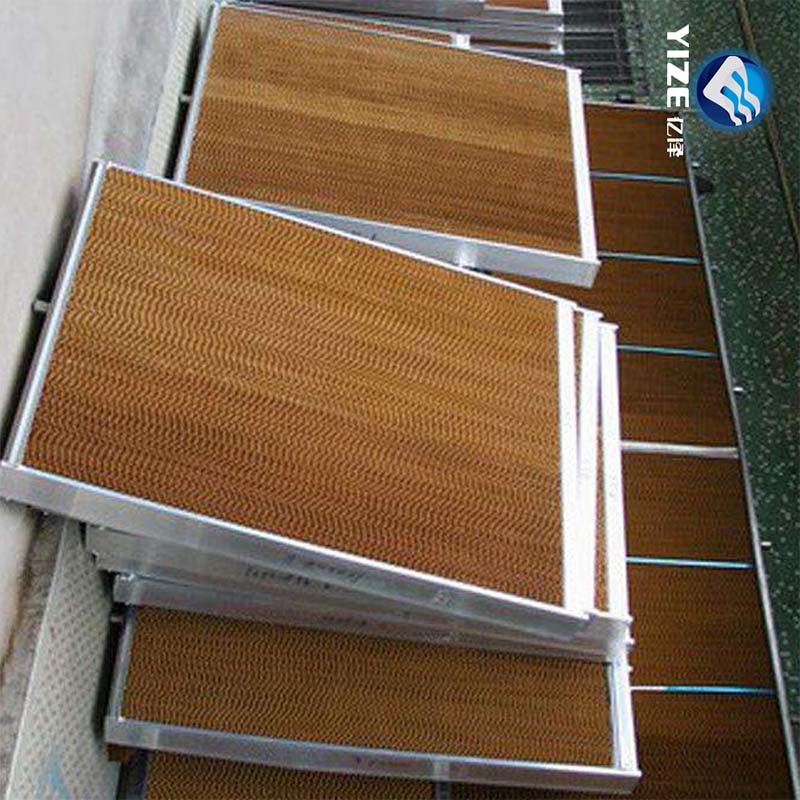Creating an Effective Watering System for Your Chicken Coop
Nov . 27, 2024 00:49 Back to list
Creating an Effective Watering System for Your Chicken Coop
The Necessity of a Good Chicken Coop Waterer A Guide for Poultry Enthusiasts
Maintaining a healthy flock of chickens is essential for any poultry enthusiast. One of the key components of keeping chickens happy and healthy is ensuring they have access to clean water. This is where a good chicken coop waterer comes into play. An effective waterer not only provides fresh drinking water but also helps to streamline the management of your backyard poultry. In this article, we will explore the importance of proper hydration for chickens, different types of waterers available, and tips for maintaining them.
The Importance of Clean Water for Chickens
Water is crucial for chickens' overall health and productivity. Chickens, like all animals, require constant access to clean, fresh water to ensure they can perform vital functions such as digestion, temperature regulation, and egg production. A well-hydrated chicken is less susceptible to diseases and stress, which can significantly affect their growth and egg-laying capabilities.
In hot weather, chickens can become dehydrated quickly, leading to severe health issues or even death. Therefore, investing in a reliable chicken coop waterer that can provide an adequate supply of fresh water is paramount. Furthermore, stagnant water can become a breeding ground for bacteria, algae, and other pathogens that can harm your flock.
Types of Chicken Coop Waterers
There are several types of chicken coop waterers available on the market, each with its advantages and disadvantages
1. Gravity-Fed Waterers These are the simplest types of waterers, where water is dispensed automatically as the chickens drink. Gravity-fed waterers can be made of plastic or metal and are typically easy to clean. However, they can be prone to contamination if debris falls into the water.
2. Nipple Waterers Nipple waterers provide a more hygienic option as they minimize the chances of water contamination. Chickens learn to peck at the nipples to obtain water, which reduces spills and keeps the coop cleaner. These systems can be more expensive upfront but are often more convenient in the long run.
3. Heated Waterers In colder climates, having access to water in freezing conditions becomes a challenge. Heated waterers can prevent water from freezing, ensuring chickens have access even in the dead of winter. These can either be heated electrically or by using insulated designs.
chicken coop waterer

4. Automatic Waterers These systems are designed to refill automatically, ensuring that chickens always have access to fresh water. While they can be more complex to install, they save time and effort for the chicken keeper.
Maintaining Your Chicken Waterer
Regardless of the type of waterer you choose, regular maintenance is essential. Here are some tips to ensure your waterer remains in good condition
- Clean Regularly Bacteria can quickly proliferate in water, so it's crucial to clean your waterer frequently. Wash it every few days with a mild detergent and rinse thoroughly to ensure no residue remains.
- Check for Leaks Regularly inspect your waterer for leaks or damage. A leaking waterer can cause wet bedding and create an environment for mold and pests.
- Change Water Daily Especially in hot weather, replacing the water daily helps reduce the risk of contamination and gives your chickens a consistent supply of fresh water.
- Watch for Temperature In extreme heat, make sure to check the water temperature. Chickens may not drink warm water, even if it’s not harmful to them. Conversely, during cold spells, ensure that the water doesn’t freeze.
Conclusion
A good chicken coop waterer is an essential investment for any poultry keeper. By ensuring your chickens have access to fresh, clean water, you are fostering their health and well-being. With various options available, from traditional gravity-fed systems to modern nipple waterers, there is something for everyone. Consistent maintenance will keep your waterer in excellent condition, helping your chickens thrive and, in turn, enhancing your overall chicken-keeping experience. Remember, happy chickens lead to better egg production, ensuring a rewarding experience for any backyard farmer.
-
Hot Sale 24 & 18 Door Rabbit Cages - Premium Breeding Solutions
NewsJul.25,2025
-
Automatic Feeding Line System Pan Feeder Nipple Drinker - Anping County Yize Metal Products Co., Ltd.
NewsJul.21,2025
-
Automatic Feeding Line System Pan Feeder Nipple Drinker - Anping County Yize Metal Products Co., Ltd.
NewsJul.21,2025
-
Automatic Feeding Line System - Anping Yize | Precision & Nipple
NewsJul.21,2025
-
Automatic Feeding Line System - Anping Yize | Precision & Nipple
NewsJul.21,2025
-
Automatic Feeding Line System-Anping County Yize Metal Products Co., Ltd.|Efficient Feed Distribution&Customized Animal Farming Solutions
NewsJul.21,2025






